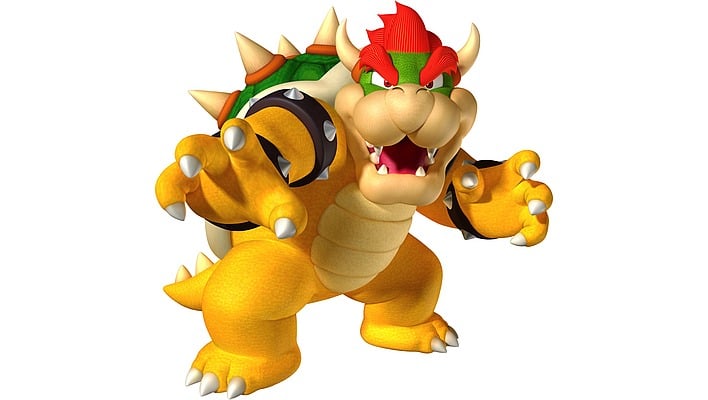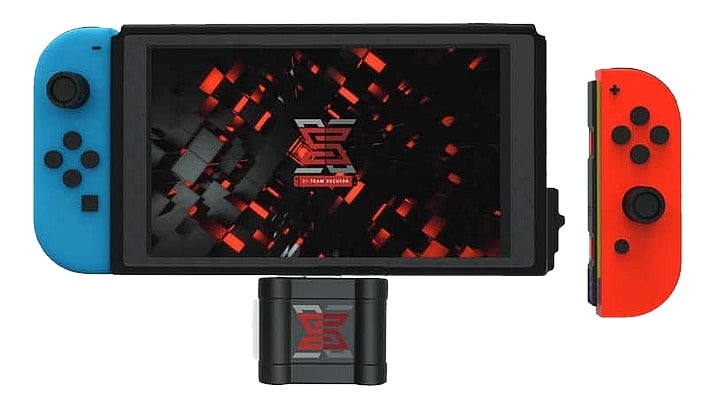Bowser Settles Nintendo Switch Hacking Lawsuit For $10 Million, Could Still Score Jail TIme

If you're not a video game pirate—or not a regular reader of HotHardware—you might be confused by that headline. It's completely true, though "Bowser" in this case refers not to the giant, spikey, fire-breathing turtle above, but instead to Canadian web developer Doug Bowser. Mr. Bowser pled guilty last month to charges of "conspiracy to circumvent technological measures" and "trafficking in circumvention devices" after being extradited to the US from his hiding place in the Dominican Republic.
Bowser was allegedly the customer contact for a game piracy group known as Team Xecuter. Said group has been active for many years selling so-called "circumvention devices" that allow users to play what they would likely call "game backups"—also known as ROM dumps--that arefrequently traded in pirate circles as an easy way to share copies of console video games and circumvent DRM copyright protection by Nintendo and many other game publishers.
Xecuter and other groups refer to them as "backups" because there is a legitimate use case here: US copyright law provides for owners of recordings and other copyrighted material to make their own backup copies in case the original media is destroyed, but game console developers often go to great lengths to prevent these "backup" copies from working, since it's difficult or impossible to tell the difference between a legitimate backup copy and an illicit pirate copy.

Clearly the US court where Bowser was being tried didn't see much merit in the "backups" argument, though. After Bowser's guilty plea in the criminal case, it seems he's also come to a settlement with Nintendo in that company's civil case against him. Under the terms of the filed agreement [PDF], he'll pay Nintendo some $10 million and then hand over any online registries and domain names associated with Team Xecuter to the Japanese game company. The agreement also prevents him from ever "directly or indirectly" infringing Nintendo's copyrights, whatever an "indirect infringement" would be.
The civil case is separate from the criminal case that the federal government has already brought against him, and it's in that legal track that his guilty plea was filed. Penalties in that case have yet to be decided, but he could still face up to ten years in federal prison. Seems a bit harsh for a 51 year old computer guy, to us, but we suppose that's what happens when you defraud (supposedly for millions of dollars) a company as litigious with its copyright defense as Nintendo. The big N is notorious for going after anyone who attempts to do anything with its IP, even if said activity potentially falls under legal fair use protections.

